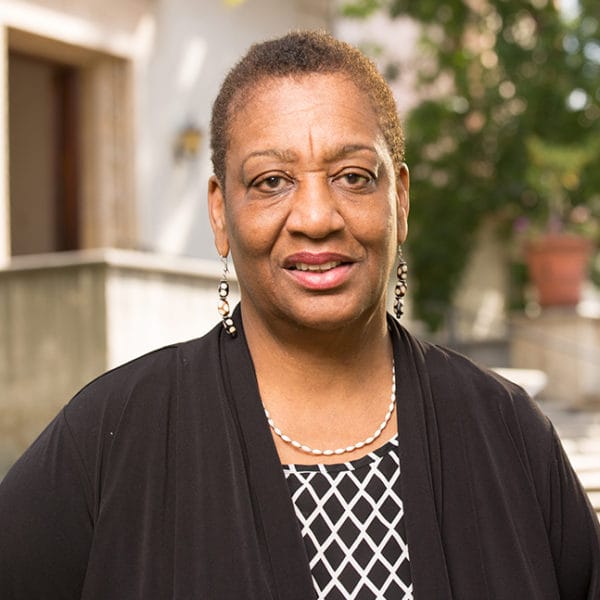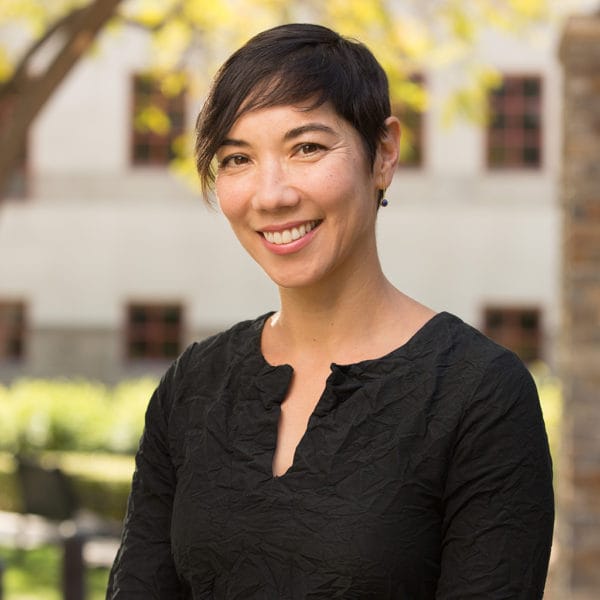MA in Applied Gender Studies
Welcome to the Applied Gender Studies Department
Applied Gender Studies (AGS) gives you the opportunity to use knowledge in women’s and gender studies as a vital force for change in today’s world. The Applied Gender Studies Department at CGU combines first-rate interdisciplinary education in feminist theory with a caring, supportive faculty, hands-on experience, and career-enhancing applied applications that enable our graduates to land successful careers empowering women and enriching lives. This program focuses upon issues of gender both globally and domestically.
At the heart of the Master’s in Applied Gender Studies program is an internship that allows students to positively impact their community even before graduation—real-world experience at organizations supporting and empowering women across the globe. The internship takes you out of the classroom and into the world to solve problems in critical settings like schools, community organizations, women’s centers, prisons, and shelters. Our students have partnered with:
- A New Way of Life, Los Angeles, a transitional home for formerly incarcerated women
- California Women’s Foundation, Los Angeles
- Feminist Majority Foundation, Beverly Hills
- Sheila Kuehl, LA County supervisor, lesbian activist, and former California state senator
- Human Rights Watch, Los Angeles
- Los Angeles County Women and Health
- Sadie Nash Leadership Project, New York City
- United Nations, Women’s Division, New York City)
- National Council for Research on Women, New York City
- Amnesty International, Women’s Division, New York City
- La Casa de Acogida, San Sebastian, Peru
- Learning Enrichment and Academic Resources Network (LEARN) in Orange County
- Women Thrive Worldwide, Washington DC
- The Doula Project, New York City
- MADRE, New York City
Our programming in women’s and gender studies analyzes the phenomenon of gender through the lens of intersectionality—including race, class, sexuality, and location—and equips students for academic and nonprofit careers in the areas of women’s, feminist, masculinity, and queer studies. AGS faculty possess expertise in women’s studies, education studies, history, cultural studies, religion, politics, reproductive rights policy issues, media studies, GLBTQ studies, Africana studies, as well as specialized knowledge in Black women’s history.
Director: Linda Perkins
121 E. 10th St. • Claremont, CA 91711 • 909-621-8612 • Fax 909-607-9587
PROGRAMS
Women’s & Gender Studies in Religion
MA in Women's & Gender Studies in Religion
Certificate in Women's & Gender Studies

